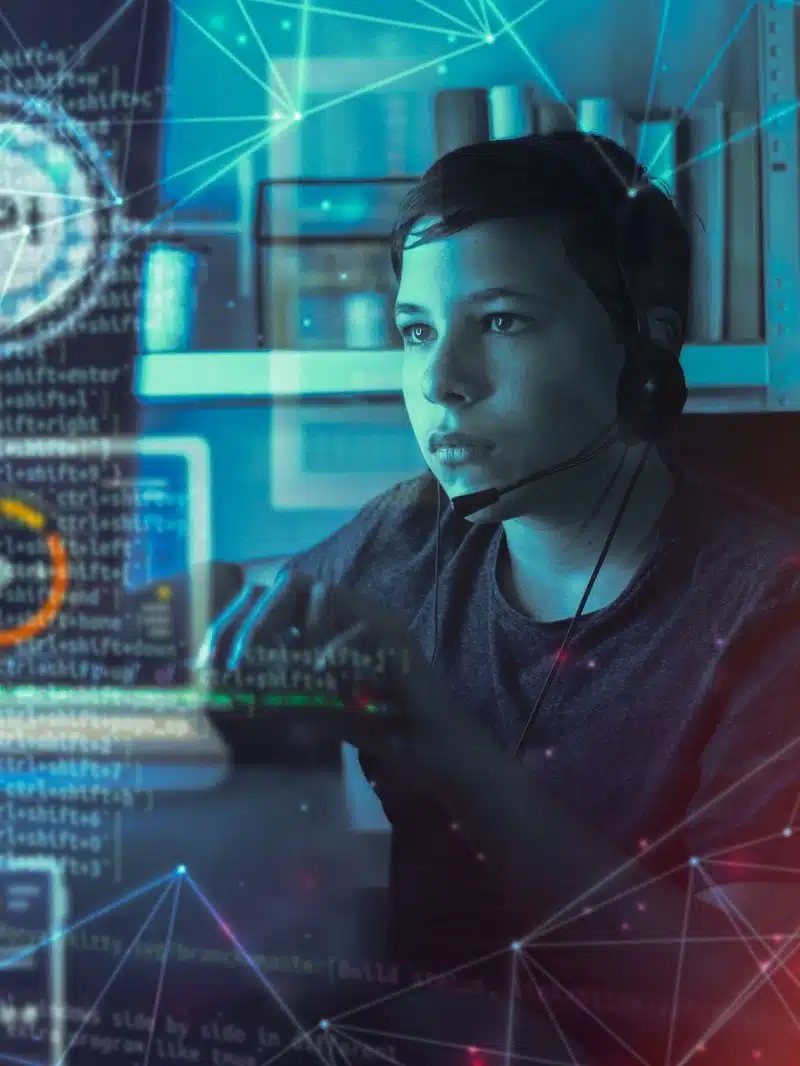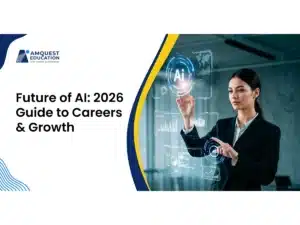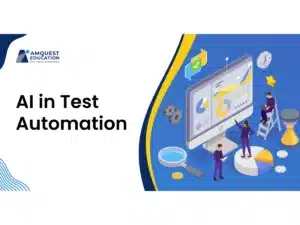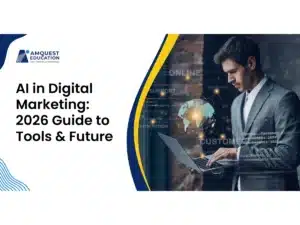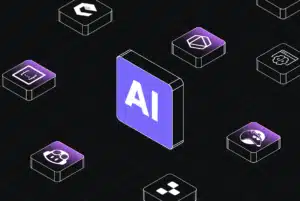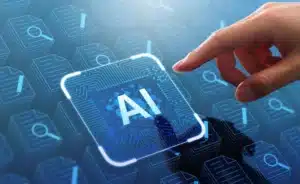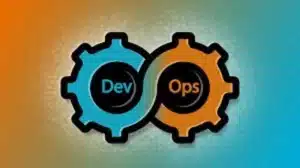Harnessing Generative and Agentic AI: Navigating the Transformation of Software Engineering
The rapid emergence of Generative AI (GenAI) and Agentic AI is fundamentally transforming software engineering, challenging established practices and roles at a pace unprecedented in the industry’s history. These AI paradigms offer powerful capabilities, from autonomous code generation to end-to-end software task execution, that promise to elevate productivity, innovation, and software quality. Yet, alongside these opportunities lie significant challenges: risks to code security, quality fragmentation, workforce adaptation, and governance complexities.
This article equips AI practitioners, software architects, technology leaders, and engineers with a deep understanding of how GenAI and Agentic AI reshape software engineering. Drawing on recent research, industry case studies, and up-to-date frameworks, it provides actionable insights and practical strategies to harness AI’s potential while safeguarding the discipline’s integrity. For professionals seeking structured learning, the Gen AI Agentic AI Course in Mumbai offers comprehensive training aligned with these transformative trends.
From Automation to Autonomy: The Evolution of Agentic and Generative AI
Generative AI refers to AI systems that create new content, such as code, text, or images, based on patterns learned from vast datasets. Early AI tools in software engineering focused on automating discrete, repetitive tasks like code completion or bug detection. Modern GenAI models, exemplified by GPT-4 and successors, enable sophisticated natural language interaction and contextual understanding.
Agentic AI extends this capability by embedding autonomy: AI systems that can independently set goals, plan, and execute complex software engineering workflows with minimal human instruction. Unlike traditional automation limited to predefined scripts, Agentic AI agents can generate, test, refactor, and deploy code, and even propose architectural designs, effectively becoming collaborative partners in the software product development life cycle (PDLC).
This shift transforms the role of software engineers from sole creators to supervisors and integrators of AI agents. Engineers must adapt by developing skills in AI oversight, system integration, and collaborative workflows that blend human creativity with AI automation. The Gen AI Agentic AI Course in Mumbai specifically prepares engineers for this evolution by emphasizing these competencies.
Advanced Frameworks and Tools Empowering AI-Driven Development
Deploying Generative and Agentic AI at scale requires robust frameworks and tools that support orchestration, governance, and continuous improvement:
- LLM Orchestration Platforms: Frameworks such as LangChain facilitate chaining large language model calls with external APIs, databases, and custom logic. This enables building autonomous agents capable of multi-step tasks like generating code, running tests, and managing deployments.
- MLOps for GenAI: Traditional MLOps practices are evolving to handle the unique challenges of GenAI models, including version control of massive models, continuous retraining to align with evolving codebases, bias mitigation, and compliance with security policies. Mastery of MLOps for GenAI is critical for scaling AI in production environments.
- Agentic AI Frameworks: Open-source projects like AutoGPT and BabyAGI provide architectures for AI agents that autonomously plan and execute software engineering tasks end-to-end, reducing human intervention while demanding rigorous governance.
- AI-Enhanced IDEs: Modern integrated development environments embed AI assistants that offer real-time code completion, error detection, and refactoring suggestions, significantly boosting developer productivity and code quality.
- Security and Compliance Tooling: AI-generated code introduces novel risks; hence, integrating static and dynamic analysis tools with AI-driven code reviews is essential to detect vulnerabilities and ensure regulatory compliance.
These tools enable organizations to scale AI integration in software development but require mature governance frameworks, collaboration across disciplines, and continuous monitoring to mitigate risks. Professionals enrolled in Generative AI training programs gain practical exposure to these frameworks.
Best Practices and Tactics for Reliable, Scalable AI Systems
Successful AI adoption in software engineering hinges on advanced tactics that preserve reliability, maintainability, and trust:
- Human-in-the-Loop (HITL) Oversight: Despite growing autonomy, human experts remain indispensable for validating AI outputs, mitigating bias, and ensuring alignment with organizational goals.
- Incremental AI Integration: Phased deployment of AI capabilities into existing workflows reduces disruption, allowing teams to adapt tooling, processes, and culture progressively.
- Robust Testing and Validation: Automated testing frameworks must evolve to rigorously validate AI-generated code for functionality, security, performance, and maintainability, incorporating AI-specific test cases.
- Explainability and Traceability: AI-generated code and architectural suggestions should be transparent, with traceable decision paths enabling engineers to understand, audit, and trust AI outputs.
- Continuous Monitoring and Feedback: Implement monitoring systems that track AI model performance, developer productivity metrics, and quality indicators to detect degradation or unintended side effects early.
- Cross-Functional AI Governance: Multi-disciplinary governance committees including data scientists, engineers, security experts, and business stakeholders ensure balanced decision-making, risk management, and ethical compliance.
Integrating these best practices is a major focus of Generative AI training initiatives, which emphasize practical governance and operational tactics.
Embedding Software Engineering Best Practices in AI Workflows
Integrating Generative AI into software engineering amplifies the importance of foundational principles:
- Modular and Clean Code Architecture: AI-generated code must adhere to modular design principles to ensure maintainability and scalability.
- Rigorous Version Control and Code Reviews: Traditional review processes remain critical, now augmented by AI-assisted tools capable of detecting subtle issues and enforcing coding standards.
- Security-First Mindset: AI tools can inadvertently introduce vulnerabilities; embedding security practices such as threat modeling, static analysis, and secure coding guidelines into AI pipelines is mandatory.
- Comprehensive Documentation and Knowledge Sharing: As AI generates code and documentation, teams must ensure accuracy and consistency to avoid creating knowledge silos or technical debt.
- Ethical AI Use and Intellectual Property Protection: Establish guidelines to prevent misuse of AI-generated code and protect proprietary assets, considering licensing and compliance implications.
To operationalize these principles, organizations often rely on guidance from Gen AI Agentic AI Course in Mumbai alumni who bring both technical expertise and strategic insight.
Managing the Human-AI Collaboration: Cross-Functional Teams
The complexity of Generative and Agentic AI demands seamless collaboration across diverse roles:
- Data Scientists and ML Engineers: Responsible for model training, tuning, deployment, and monitoring.
- Software Engineers: Integrate AI outputs into codebases, maintain system reliability, and ensure software quality.
- Product Managers: Align AI capabilities with business objectives and user needs.
- Security and Compliance Teams: Oversee regulatory requirements and risk mitigation.
- UX Designers: Craft intuitive human-AI interaction workflows to optimize developer experience.
Effective communication channels, shared tooling, and collaborative workflows help accelerate AI adoption and reduce risks associated with siloed development efforts. Training through Generative AI training courses often highlights these cross-functional dynamics.
Measuring AI Impact: Analytics for Continuous Improvement
Quantifying Generative AI’s impact on software engineering is essential for informed decision-making:
- Productivity Metrics: Track coding speed, defect rates, and delivery timelines to assess efficiency changes.
- Quality Indicators: Monitor code complexity, test coverage, and vulnerability incidence to maintain standards.
- AI Model Performance: Evaluate precision, recall, and error rates in code generation to ensure effectiveness.
- User Feedback: Collect developer satisfaction and trust levels to guide tool refinement and training.
Recent randomized controlled trials reveal that early 2025 AI tools sometimes slowed experienced developers by 19%, underscoring the importance of proper integration, training, and human oversight to realize productivity gains. This insight is a core module in advanced MLOps for GenAI curricula.
Case Study: Microsoft’s GitHub Copilot – A Benchmark in AI-Augmented Development
GitHub Copilot, powered by OpenAI’s Codex model, exemplifies large-scale deployment of GenAI in software engineering:
- Development Journey: Born from a collaboration between Microsoft and OpenAI, Copilot aims to augment developer productivity without supplanting human creativity.
- Technical Challenges: Ensuring code correctness, avoiding insecure suggestions, and maintaining responsiveness under heavy load required significant engineering effort.
- Outcomes: Early adopters reported up to 30% reduction in coding time for routine tasks, enabling developers to focus on complex problem-solving.
- Lessons Learned: Human oversight is critical; Copilot is most effective as a collaborative assistant. Transparent feedback mechanisms and incremental feature rollouts fostered developer trust and adoption.
Insights from this case study are frequently integrated into Gen AI Agentic AI Course in Mumbai syllabi to provide real-world context.
Ethical Considerations and AI Governance
Deploying AI in software engineering raises ethical and governance challenges:
- Bias and Fairness: AI models trained on biased codebases can perpetuate vulnerabilities or inequities. Ongoing bias detection and mitigation are essential.
- Transparency and Accountability: Clear documentation of AI decision-making processes and audit trails support accountability.
- Security and Compliance: AI-generated code must comply with legal and organizational policies, requiring integrated security checks and governance.
- Workforce Impact: Organizations should proactively manage skill development and role evolution to prevent workforce disruption.
Establishing comprehensive AI governance frameworks that include risk assessment, ethical guidelines, and compliance oversight is imperative for sustainable AI integration. The Gen AI Agentic AI Course in Mumbai emphasizes these governance frameworks, preparing professionals to lead ethical AI adoption.
Preparing Software Engineers for an AI-Driven Future
To thrive alongside Generative and Agentic AI, software engineers must develop:
- AI Literacy: Understanding AI capabilities, limitations, and workflows.
- Critical Thinking and Problem Solving: To validate AI outputs and address complex challenges.
- Lifelong Learning: Staying current with rapid AI advances through courses, conferences, and communities.
- Cross-Functional Collaboration: Working effectively with data scientists, security experts, and product teams.
Amquest Education’s Gen AI Agentic AI Course in Mumbai offers comprehensive training tailored to equip practitioners with these essential skills. It combines technical rigor with practical strategies for architecting, deploying, and governing AI systems at scale, positioning professionals to lead AI transformations confidently.
Actionable Recommendations for Organizations
- Invest in AI Education: Build AI literacy across teams to align expectations and capabilities through Generative AI training programs.
- Adopt Phased AI Integration: Pilot projects minimize disruption and enable iterative improvement.
- Maintain Human Oversight: Balance AI automation with expert review to ensure quality and security.
- Strengthen MLOps Practices: Develop CI/CD pipelines customized for AI model deployment and monitoring, focusing on MLOps for GenAI best practices.
- Foster Cross-Functional Collaboration: Break down silos to leverage diverse expertise.
- Implement Robust Governance: Establish committees and processes for ethical, secure, and compliant AI use.
- Continuously Monitor Impact: Use analytics and feedback loops to adapt strategies proactively.
Harnessing Generative and Agentic AI represents a pivotal opportunity and challenge for software engineering. By integrating advanced frameworks, embedding best practices, fostering collaboration, and investing in education like Amquest Education’s Gen AI Agentic AI Course in Mumbai, organizations can navigate this transformation effectively, preserving the discipline’s core while unlocking new frontiers of innovation and productivity. The future of software engineering belongs to those who master the synergy of human expertise and AI automation, starting now.
